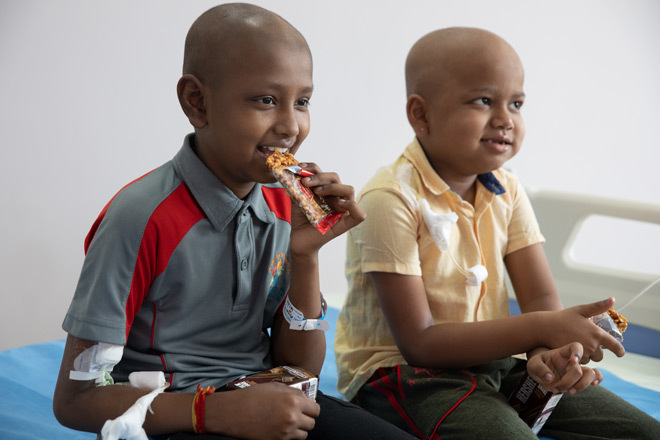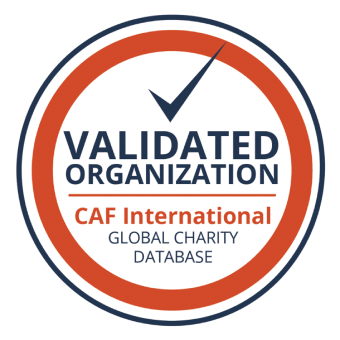This review paper aimed to identify alterations in NS that occur during the management of childhood cancer. The purpose of the study was to investigate how neoplastic diseases affect the NS of children and how the nutritional profile affects treatment response, clinical outcome and long-term growth and health of survivors.
The authors conducted detailed searches on online medical databases and identified systematic reviews, meta-analyses, randomised controlled trials and observational studies published during the period 2014–2019 that were related to paediatric cancer and nutritional status. A summary of the results of this data analysis is presented below:
Summary of results:
• The authors found that the reported prevalence of malnutrition—undernutrition, overweight and obesity—varied between types of cancer, stages of the disease, type of treatment, assessment methodology, and the patient’s socio-economic status.
• The majority of data from the included studies indicated that children with cancer suffer from undernutrition at the time of diagnosis. Undernutrition prevalence ranged from 10.8% in children from countries with better socio-economic conditions to 76% in children from lower-middle income countries (LMIC).
• More often, nutrition-related problems were diagnosed in children with specific cancer types than others. For example, the prevalence of undernutrition was seen to be higher in patients with solid tumours—especially Wilms’ tumour or neuroblastoma—and much lower in children with acute lymphoblastic leukaemia (ALL) and Hodgkin’s lymphoma.
• The studies also indicated a high prevalence of overweight and obesity in patients with brain tumours.
• Children with solid tumours were more at risk of becoming undernourished during treatment, followed by children with brain tumours and haematological malignancies.
• An important observation made by the authors was that the data on the differences in malnutrition rates were not consistently seen in studies from LMIC as delays in diagnosis and limited access to healthcare lead to higher undernutrition rates, regardless of cancer type.
• Although BMI is widely used in clinical practice to assess NS, the authors mention that indicators such as Mid Upper Arm Circumference, Triceps Skinfold Thickness, and Bioelectrical Impedance Analysis might be better suited to provide information regarding body composition changes that occur in paediatric cancer patients.
• Studies that evaluated NS at diagnosis and clinical outcomes suggested that both undernutrition and overnutrition may affect cancer prognosis in children with cancer. The presence of undernutrition was shown to be associated with a large number of complications and relapses and a reduced level of recovery. On the other hand, excess weight gain and obesity were shown to negatively affect the treatment response and result in reduced cure rates.
• The authors observe that NS of paediatric cancer patients is dynamic and nutritional challenges emerge as treatment progresses. Studies have shown that consequences of undernutrition during treatment included reduced tolerance to chemotherapy, changes in the metabolism of chemotherapeutic drugs, reduced immunity, increased risk of infections and degraded QOL.
• The studies indicate that cancer survivors are at increased risk of developing cardiometabolic disorders, especially children diagnosed with ALL. The data also shows that many cancer survivors have poor quality diets and do not meet recommended dietary guidelines.
The authors’ conclude that nutritional assessment should be mandatory in the entire life cycle of paediatric cancer care, i.e. from diagnosis, during treatment and post-treatment. Early assessment of NS and timely intervention helps manage this risk factor and should therefore be a priority in all interdisciplinary oncology teams.
Source Article:
Diakatou V, Vassilakou T. Nutritional Status of Pediatric Cancer Patients at Diagnosis and Correlations with Treatment, Clinical Outcome and the Long-Term Growth and Health of Survivors. Children (Basel). 2020 Nov 7;7(11):218.
Written by:
Dr. Sripriya Venkiteswaran (Ph.D. Nutritional Sciences)
Content Consultant, CICN





